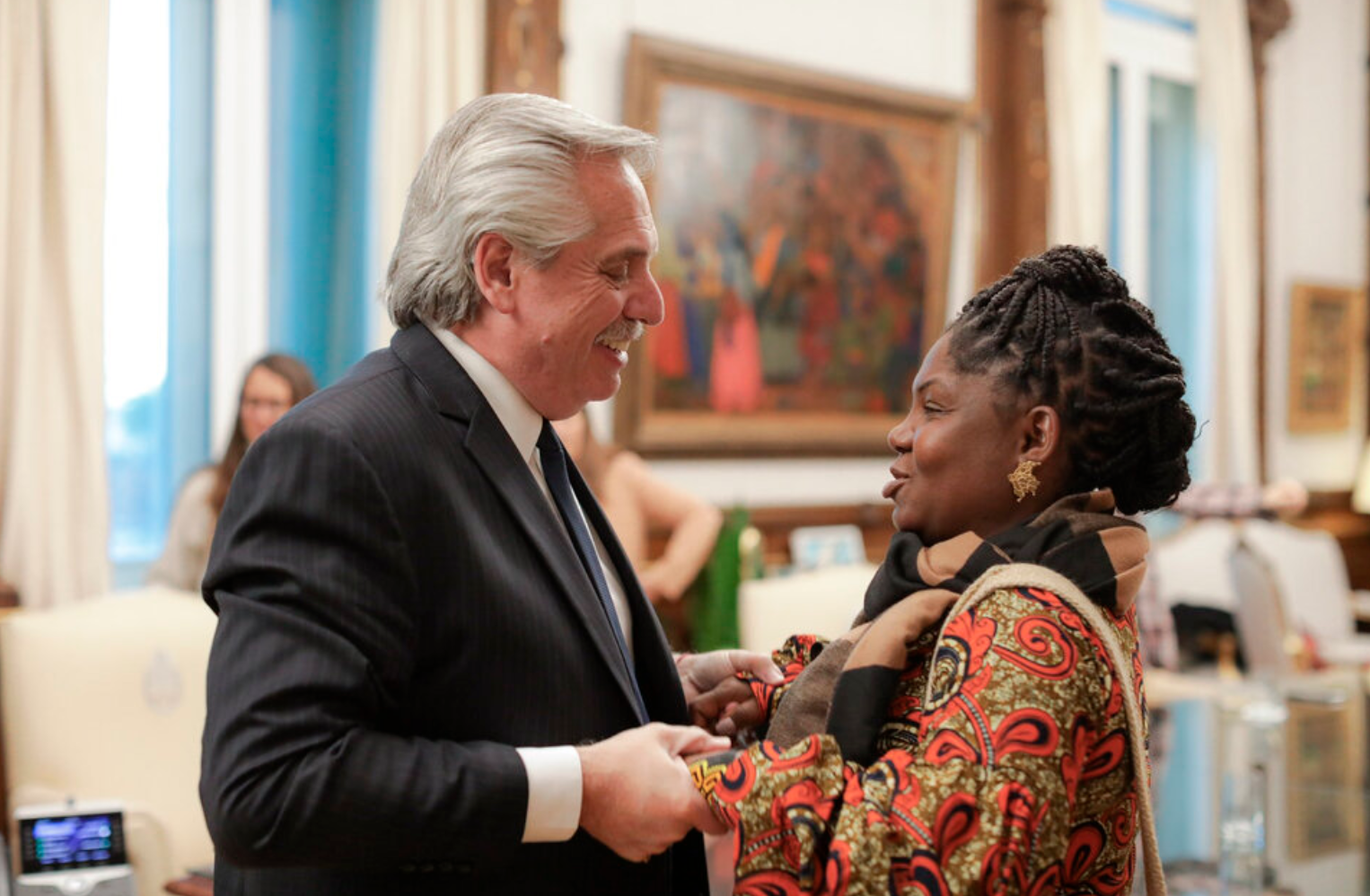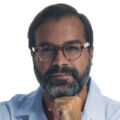The victory of Gustavo Petro and Francia Márquez in Colombia, and the advantage of Luiz Inácio Lula da Silva in the voting intentions for president of Brazil, indicate that the progressive winds are blowing again in South America. However, unlike the previous cycle which started with Hugo Chávez in Venezuela in 1998 and had Caracas, Brasilia and Buenos Aires as its axis, the current cycle will have a new strategic axis: Santiago, Brasilia and Bogotá. This new progressive cycle will face three main structural political challenges: The left’s renewal, economy and development with an emphasis on the climate emergency; and growing political polarization.
The left and political renewal
A Latinobarómetro survey and research, from October 2021, showed that 70% of those surveyed declared to be dissatisfied with the government of their country. These data are further proof that the agenda of political renewal has been imposed on South America’s democracies in the second decade of the 21st century, and that the institutions and political elites that led the redemocratization in the region are exhausted.
The upcoming progressive cycle should address these issues in different ways, with Chile being its most radical expression. The renewing dimension of the Constituent Assembly is striking, including its gender parity and indigenous peoples’ representation, something unthinkable before the “outburst.”
In Colombia, the renewal appears with the combination of the traditions of that country’s progressivism, the union between Gustavo Petro—a former guerrilla and politician who was a deputy and mayor—and Francia Márquez, a black activist, environmental leader and antiracist.
Finally, Brazil seems to have the least-open to renewal political process, as Lula and Geraldo Alckmin are two experienced politicians who have held important leadership positions. Still, it is possible to see a renewal in the other electoral disputes that will take place in parallel to the presidential election, including the country’s Congress and in the dispute over some of the most important state governments. There will be enormous pressure and expectations for more representation in terms of gender and race and ethnicity in the Lula government.
Economic difficulties
A common factor seen is the challenge of consolidating the desire for renewal in an actual government political and economic agenda. Boric, Petro and Lula affirm the priority of fighting poverty and the consolidation of social rights that resonates with the social crisis that the region is experiencing, and which explains the succession of popular uprisings that had occurred in Argentina, Bolivia, Chile, Colombia, Ecuador, Paraguay and Peru since 2019.
However, the three leaders seek to promote an alliance with a certain pro-market agenda. Boric chose former president of the Central Bank, Mario Marcel, as Minister of Economy, who’s a fierce defender of the entity’s autonomy. Petro announced economist Antonio Ocampo as minister, who was part of liberal governments and supported conservatives in the elections. And Lula, who avoids mentioning names, has in Alckmin a “guarantor” that he will not have a radical administration.
Between priorities assigned to social issues and pacts with the market, is the environmental emergency, presented by the three progressive leaders as the dimension that will boost the economies of Chile, Colombia and Brazil during their mandates. In a speech with business leaders before taking office, Boric said that he will head an “environmentalist government” and that he will “face the climate crisis.” Petro, in his first speech as president-elect, stated that “environmental justice” will be a tripod for his government. Meanwhile, Lula has been articulating in his program a proposal for a Brazilian Green New Deal.
The environmental emergency is an enormous challenge for the progressive leaders of these three countries, as their economies have in mining, agribusiness and the use of fossil fuels key growth pillars. And yet the fact that making the environmental agenda viable is essential to connect with the demand for political and democratic renewal, which can also help to resolve the third dimension, which is polarization.
Political polarization
Since 2015, the region has seen a political hegemony of the right. That year, Mauricio Macri won the Argentine presidential elections and the opposition to the chavista regime won a majority in the Venezuelan parliament. In 2016, a parliamentary coup against Dilma Rouseff consolidated the wave of the South American right. In 2017, Ecuador elected Lenin Moreno as President, succeeding the leftist Rafael Correa—with whom he immediately broke. In 2018, Sebastián Piñera returned to the presidency of Chile and in Uruguay, in 2019, people elected Lacalle Pou, from the National Party, as their new president. Also in 2019, a coup d’état in Bolivia caused the resignation of Evo Morales.
Signs of a progressive revival began in 2019, with the triumph of Alberto Fernández and Cristina Kirchner in Argentina. That same year, Chile was shaken by the “social outbreak” —a popular uprising that led to the call of the Constituent Assembly and promoted a radical political renewal that culminated with the election of Gabriel Boric as president in 2021. Also in 2021, Pedro Castillo won the general elections in Peru. And a year earlier, in 2020, Luis Arce won the elections in Bolivia.
The authoritarian far right remains, nonetheless, extremely strong in Chile and Colombia, and will also be so in Brazil, even if Bolsonaro loses the elections. This implies a scenario not only of polarization, but of maintaining political violence as a method of action and mobilization. The agendas for the defense of the family and Christian values, “zero tolerance” against social movements and diversity in defense of order will continue to guide a significant portion of society and institutions of the three countries.
The kind of political and social polarizations that this extreme right provokes will not disappear the day after the elections. On the contrary, it may even worsen with these sectors in opposition. The political landscape in the United States confirms this, with the radicalization of the Republicans, the attack on rights by the Supreme Court and the growing social violence.
It won’t be enough to return to the progressive developmentalism of the 21st century. We need a concrete strategy to rebuild the social and institutional structure, which needs to include the fight against poverty, but also the effective and concrete adherence of the left to both the socio-environmental agenda and the demand for political and democratic renewal.
Translated from Spanish by Ricardo Aceves













